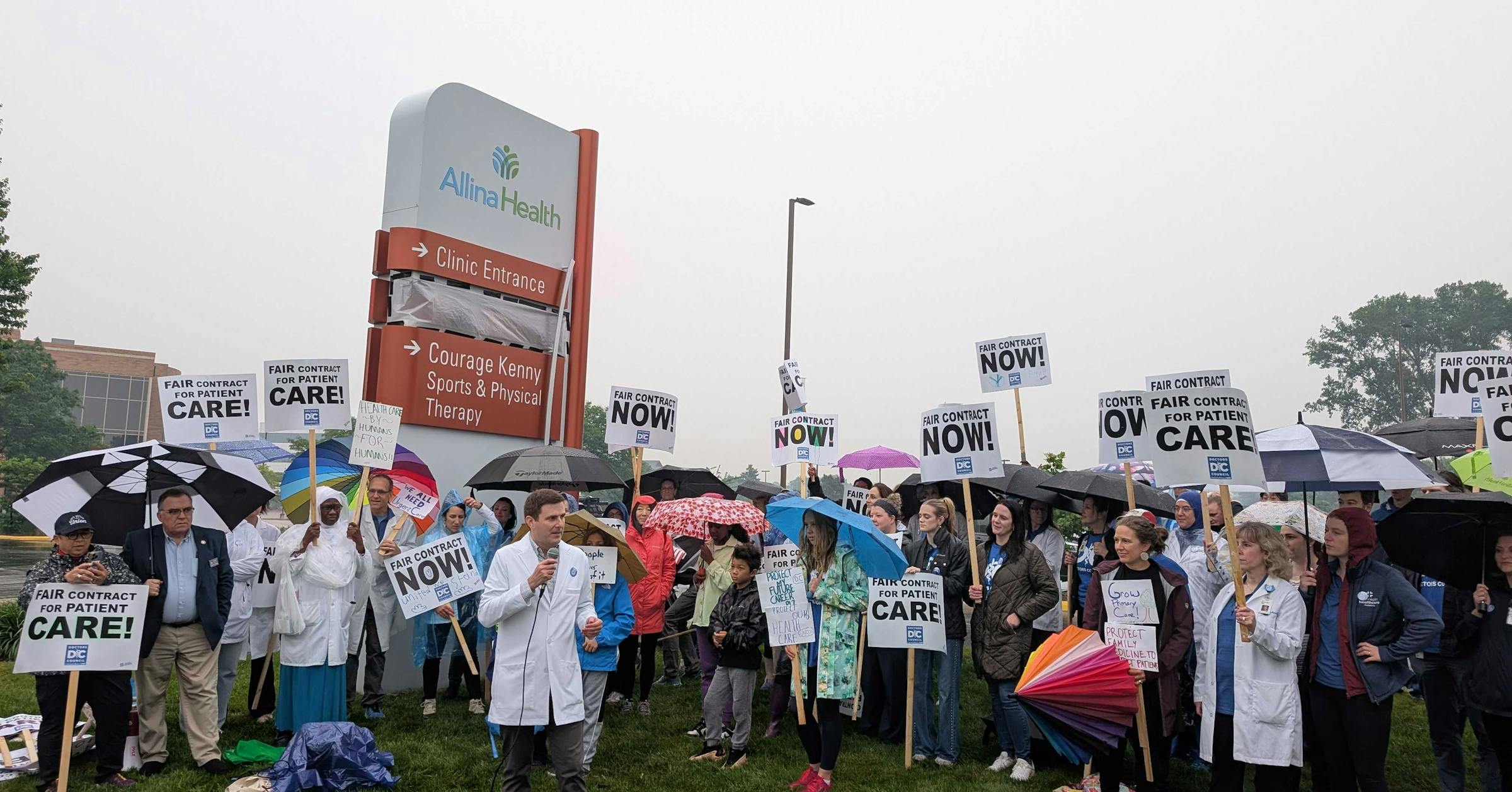Copyright startribune

Strikes by doctors are a rarity in the U.S., because only about 8% have union representation. In 1975, doctors in California struck over rising malpractice costs while residents and interns in Chicago and New York struck over excessive hours and workloads. More recently, emergency room physicians engaged in a one-day strike of Ascension St. John Hospital in Detroit last year over working conditions and staffing shortages. Strikes in health care have happened in Minnesota. Allina faced two strikes by its Twin Cities hospital nurses for a combined 44 days in 2016 in a dispute over health benefits. But union officials said a strike focused on doctors hasn’t happened before in the state. Allina’s doctors have been at odds with their health system in the years following the COVID-19 pandemic. They publicly opposed a health system policy, which was later rescinded and then banned by state medical debt legislation, of denying nonemergency care to patients with substantial overdue bills. They criticized Allina’s recent decision to close five primary care clinics, where some doctors said they were so busy that they couldn’t take new patients. Hoffman’s wife, Dr. Lauren Maurer, lost her position at Allina’s Maplewood clinic as part of the closures. She was hired to Allina’s Bandana Square clinic in St. Paul, where she started seeing patients on Monday. She was planning to picket Wednesday. Many health systems are facing similar dilemmas, so she said she wanted to stay in Allina to help see the negotiations through. “The reasons we unionized,” she said, “are the reasons why I didn’t want to go to another place.” This is a developing story. Check back for updates.



